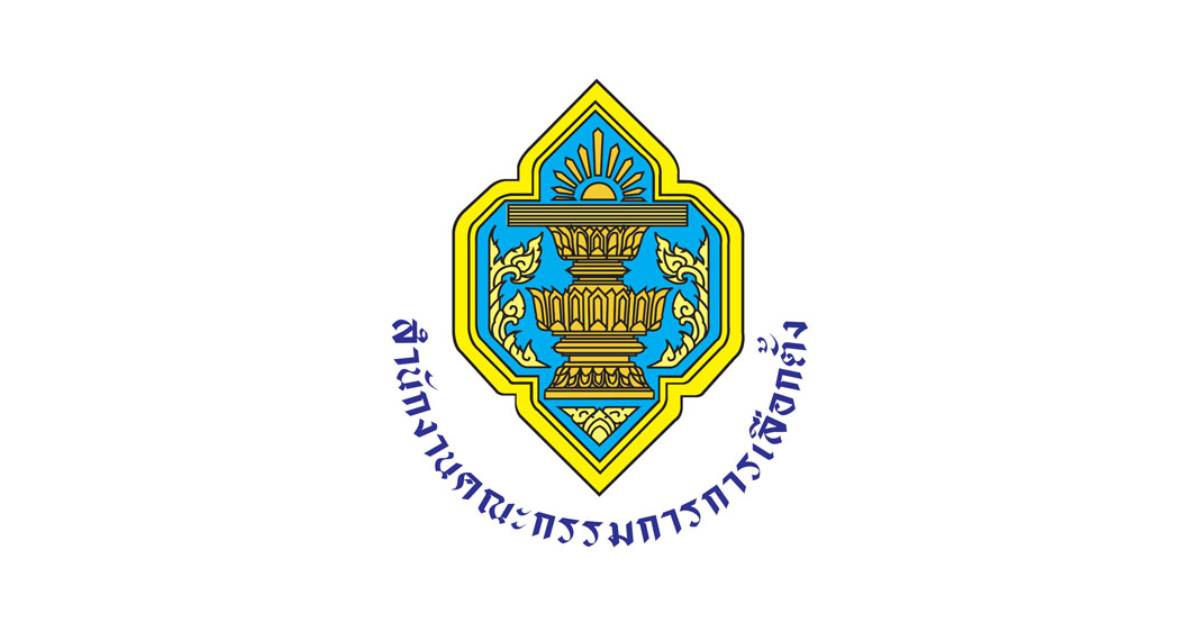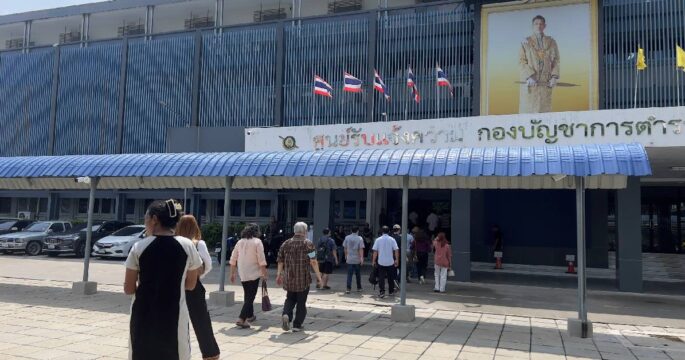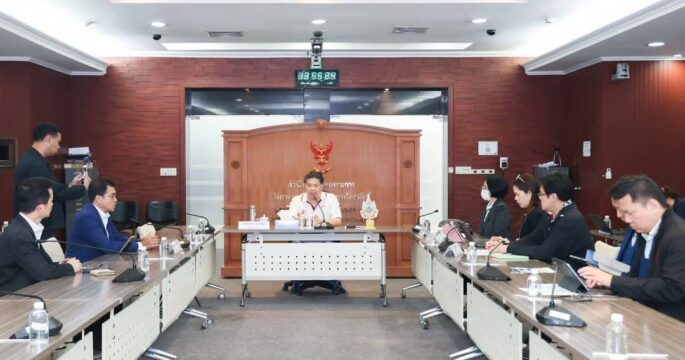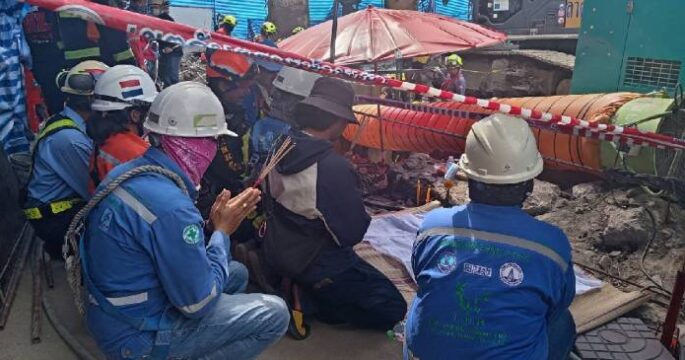CHIANG RAI, May 23 (TNA) – Fish in the Kok River are showing severe skin abnormalities, triggering an urgent investigation into widespread chemical and arsenic contamination.
The pollution, linked to mining in Myanmar, has spread to the Sai and Mekong rivers, raising critical concerns for public health, local livelihoods, and cross-border environmental security.
Thai authorities are grappling with the escalating crisis. The Department of Fisheries is monitoring fish in all three rivers after tests revealed alarmingly high levels of arsenic and other chemicals, significantly exceeding safety standards. The contamination is believed to stem from mining operations in Myanmar’s Shan State. The areas are likely controlled by ethnic armed groups. Experts are now testing fish caught by local fishermen to prevent human consumption of contaminated fish.
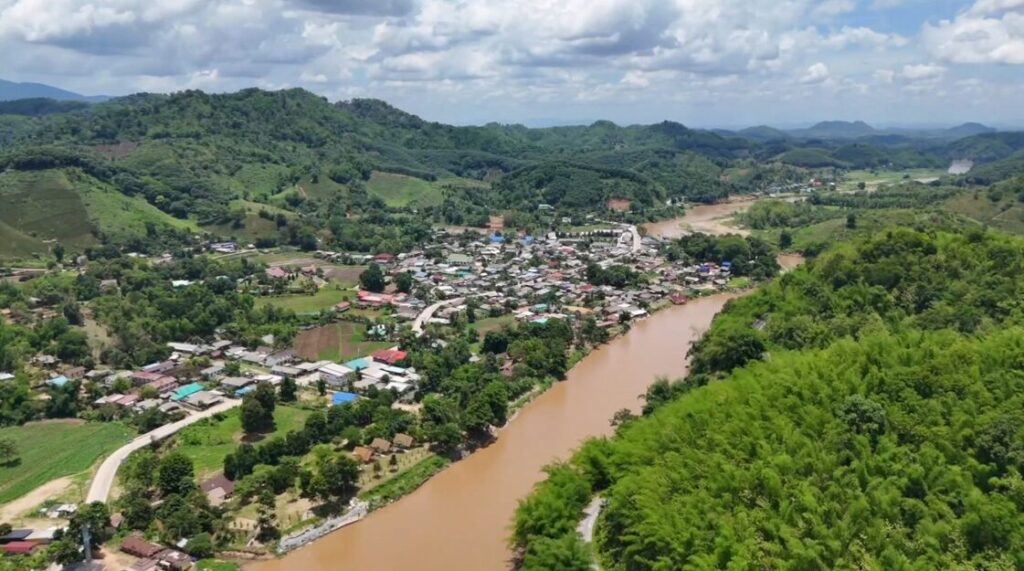
The environmental fallout is already impacting northern Thai communities. Local fishermen are seeing a drastic drop in sales, while the Mae Yao municipality in Chiang Rai has installed warning signs along the Kok River, advising against water contact and consuming local fish due to arsenic.
The crisis has also crippled the regional tourism sector. The Ban Ruam Mit Elephant Camp, for example, reports an 80% drop in visitors. Activities like elephant trekking and rafting have ceased, and elephants can no longer bathe in the river, relying instead on costly piped mountain water. Mahouts and elephants have even developed skin infections after contact with the polluted water, fueling fears of arsenic seeping into local wells.
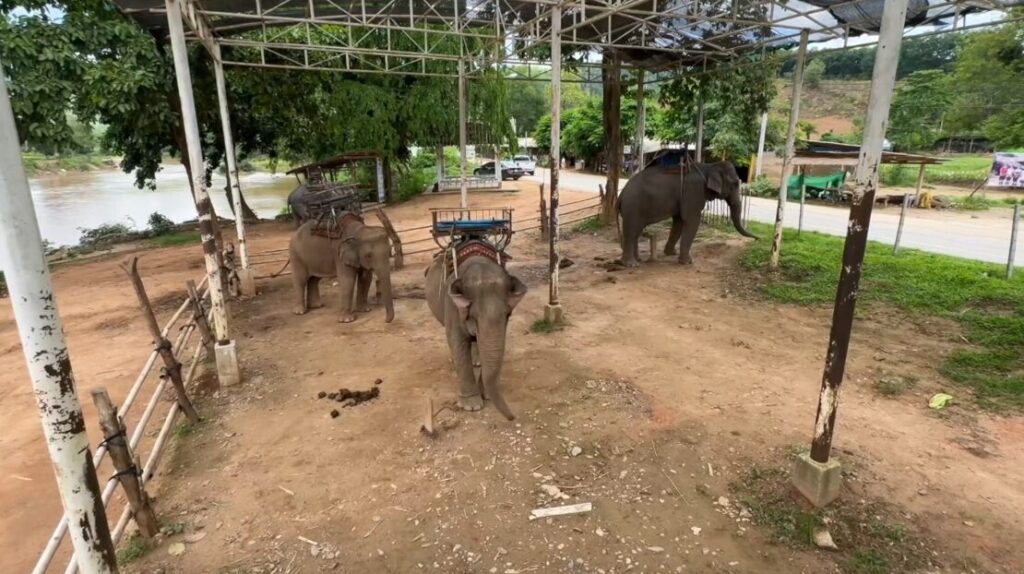
Politicians are demanding urgent action. MP Rangsiman Rome highlighted the cross-border nature of the problem, stating that while temporary measures might help, the ultimate solution lies in addressing the source of the pollution in Myanmar. He criticized the Thai government’s “slow and unclear” response to this severe public health threat and suggested legal action for compensation if the situation doesn’t improve.
Recent satellite imagery, released by the Shan Human Rights Foundation, appears to confirm rare earth mining operations in Myanmar’s Shan State, just 25 kilometers from the Thai border. These sites, featuring circular ponds for mineral dissolution, raise fears of severe chemical pollution.
Prime Minister Paetongtarn Shinawatra has acknowledged this evidence and referred the matter to the Ministry of Natural Resources and Environment for further action. -819 (TNA)




